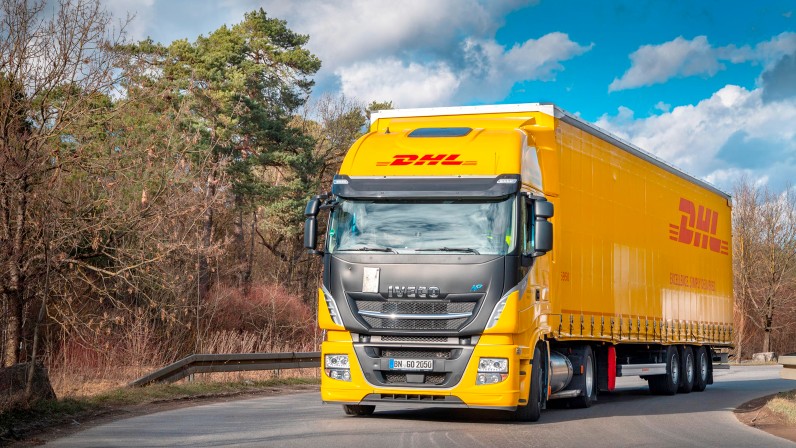A unit of German logistics firm DHL has joined forces with LNG giant Shell and its customer Grundfos to test bio-LNG in road freight transport.
DHL Freight said in a statement it had started piloting a bio-LNG solution in June with Shell on three haulier trucks to reduce CO2 emissions in road freight transport for its customer Grundfos.
In the first five months, the volume of bio-LNG lifted has reduced 87 tons of CO2, according to the provider of road freight services in Europe.
This corresponds to the emissions of over 89,900 km driven by a diesel truck and represents 85 percent of CO2 savings compared to a traditional diesel engine, DHL Freight said.
“The logistics industry is currently responsible for 11 percent of global carbon emissions. To fight against climate change, the transport sector needs true decarbonization,” Uwe Brinks, CEO DHL Freight, said.
“By investing not only in sustainable fuel but also in fleet renewal, engine retrofitting, and efficiency projects, we tackle the impact of the logistics supply chain,” he said.
The fuel alternative is being implemented to improve Grundfos’ linehaul between its production sites Bjerringbro, Denmark and Longeville-Les-Saint-Avold, France.
Bio-LNG production on the rise
The bio-LNG used by Shell in the test comes from agricultural waste.
It meets the criteria of the Renewable Energy Directive 2 (REDII) of the European Union and is a product of a sustainable circular economy, DHL Freight said.
According to the firm, the pilot project would continue for about one year.
“The pilot results indicate that bio-LNG can already today reduce CO2 emissions to contribute to the GHG reductions needed to reach the EU’s 2030 climate targets. That is very promising and good news to the sector,” Fabian Ziegler, managing director of Shell Germany, said.
In the meantime, Shell is scaling up the supply of bio-LNG to offer further emission reductions.
As of early 2022, Shell will offer a blend of bio-LNG to the entire network in the Netherlands. Shell is a partner in the recently inaugurated bio-LNG plant in Amsterdam Westpoort, operated by Nordsol.
Moreover, Shell plans to offer bio-LNG produced in a new liquefaction plant at its energy and chemicals park in Rheinland to the entire network in Germany as of 2023.
The company plans to start construction of the liquefaction plant with a capacity of 100,000 tons per annum later this year.
This volume from Rheinland could help reduce the carbon emissions caused by long-distance haulage by up to a million tons, the statement said.

